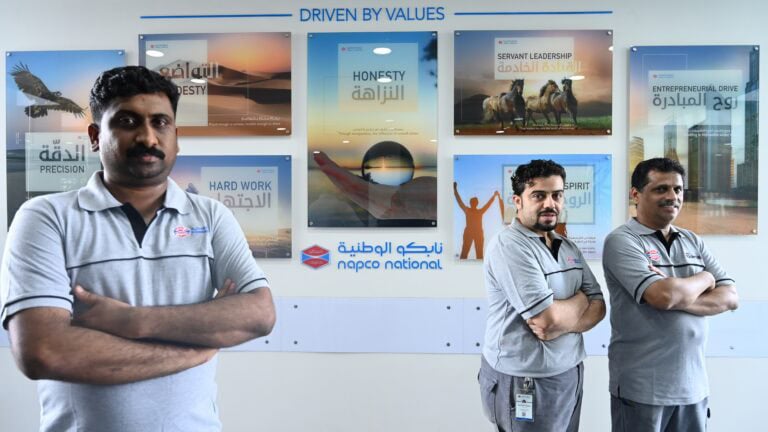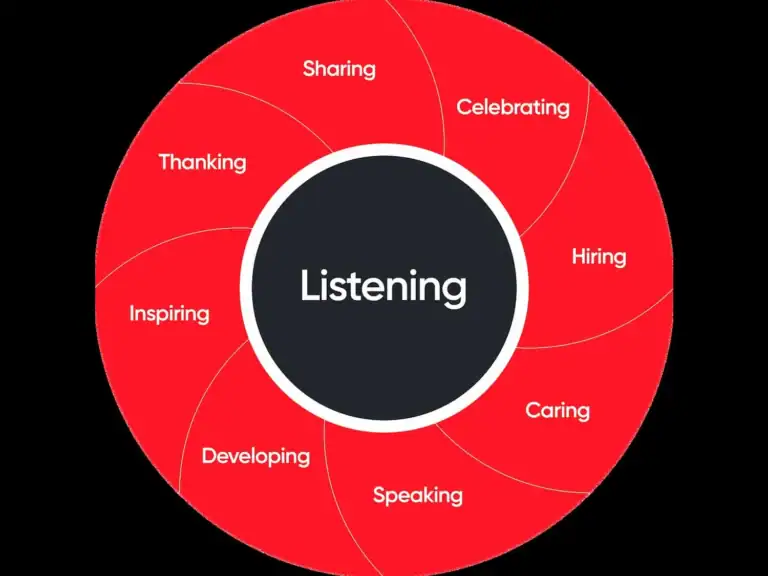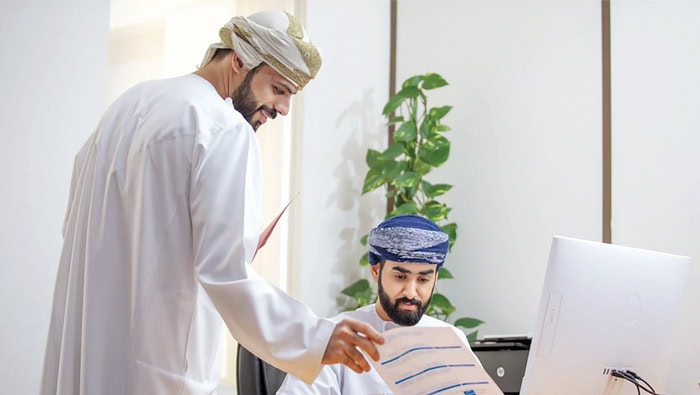How to promote camaraderie in Kuwait workplaces


Jana Saab
Camaraderie is a vital aspect of Kuwaiti culture. This sense of cooperation is present in all aspects of life, including the workplace. In the modern, fast-paced, and competitive business world, camaraderie is a key driver for creating a happy and productive work environment.
It provides advantages for Kuwaiti workplaces by fostering a sense of belonging among employees that lead to greater job satisfaction and loyalty. Collaborative work environments that stem from strong camaraderie result in enhanced creativity, problem-solving, and innovation. A positive work environment reduces stress and turnover rates.
Then, this blog delves into the successful strategies to help organizations promote camaraderie in Kuwait workplaces.
Creating a supportive work environment.
A supportive environment is defined by trust and open communication, where employees feel respected, heard, and empowered. It creates a sense of psychological safety by allowing employees to be themselves. When employees feel supported, they become more engaged, inspired, and dedicated to their work.
A supportive environment can be created through these ways:
- Opening communication channels: Encourage an honest discussion between management and the employees so that people can share their opinions, suggestions, and concerns without any pressure.
- Building an understanding environment: Demonstrate genuine care for employees’ well-being and praise their accomplishments.
- Creating recognition and appreciation programs: Celebrate employee milestones and reward them.
By integrating these strategies, organizations in Kuwait can develop a prosperous work environment.
Setting a Listening strategy.
Successful listening is more than just hearing words; it’s also about understanding employees’ emotions, needs, and objectives. In Kuwaiti workplaces, where camaraderie is deeply established, active listening is the cornerstone of building a productive work environment. It shows respect, empathy, and an honest concern for the well-being of employees. The effectiveness of listening lies in acting. To successfully enhance camaraderie, organizations demonstrate a commitment to acting on feedback received from their staff.
A strong listening technique is vital for developing trust. This includes providing several channels for employees to express their opinions, such as suggestion boxes, an open-door policy, and regular feedback meetings. Leaders can listen to various viewpoints and promote open discussion. Employees are encouraged to contribute to the success of the organization when they know their voices are heard and valued. This shows that their feedback is transformed into actionable steps. Indeed, understanding Kuwait culture and ways of communicating can help improve the listening experience. Therefore, being able to listen and work together as a team is essential for developing strong connections in Kuwaiti workplaces.
Celebrating cultural diversity.
Celebrating cultural diversity in Kuwaiti organizations is necessary for developing camaraderie. Organizations can promote a more welcoming environment by valuing their employees’ different backgrounds. This increases understanding among staff members and builds empathy. Different groups are associated with improved communication and collaboration.
Furthermore, it develops better professional partnerships. Shared experiences at cultural events and activities establish a sense of belonging, team building, and cooperation. Employees can support one another, creating a healthy and helpful work environment. This, consequently, improves employee morale and engagement. A workplace that values cultural diversity is more likely to have higher job satisfaction, productivity, and success.
When care is also cultivated among employees, this enhances respect and trust in the workplace. This involves listening to and helping one another. It also develops appreciation, collaboration, and camaraderie. This can be asserted by the results obtained from the Great Place To Work® Trust Index™ Survey, where 91% of the employees in the Best Workplaces™ in Kuwait have said that people care about each other in the workplace.

Building a strong foundation
Having core values, clear expectations, and comprehensive communication can contribute to the enhancement of a strong foundation. Organizations in the have well-structured plans, vision, and mission.
How can Kuwait organizations make this happen?
Setting up a solid foundation is based on these elements:
- Clear Expectations: Organizations should define employment positions, responsibilities, and performance expectations. This clarity develops camaraderie by reducing misunderstandings. This is obviously portrayed in the results received from employees in the Best Workplaces in Kuwait, where 90% of them feel that their management establishes clear expectations of the workflow in the organization.

- Leadership Commitment: Leaders can create a culture of trust in the organization and develop an effective supportive company culture. Employees are more likely to be loyal and cooperative when their leaders demonstrate trust, support, and understanding. When they also feel respected and cared for by their managers, they tend to form strong bonds with their coworkers, thus developing camaraderie.
- Shared Values: They serve as the connection that brings employees together. When people share a common purpose and set of values, they develop unity. Being the base of camaraderie, this foundation promotes cooperation, respect, and mutual support.
Foster Camaraderie for Kuwaiti organizations’ success!
Kuwaiti organizations may greatly enhance workplace camaraderie by following a comprehensive approach that involves developing a listening strategy, valuing diversity, and promoting employee experiences. These elements, together with a strong emphasis on cooperation and collaboration, result in a dynamic and positive workplace.
Teamwork and collaboration are vital for creating camaraderie. Participating in team-building exercises, group retreats, and cross-departmental projects promotes unity and shared purpose. Social meetings outside of business hours allow employees to engage on a personal level, building connections and forming long-lasting friendships.
By incorporating employee feedback through the Great Place to Work® Trust Index Survey™, these companies demonstrate a genuine commitment to their workforce. Also, by valuing cultural differences and promoting inclusive cultures, they foster an environment in which everyone feels respected.
Creating a strong culture of camaraderie is an investment in employees’ development. Companies in Kuwait can set up a thriving workplace by prioritizing cooperation, collaboration, and a friendly work environment. As a result, employees feel connected, engaged, and inspired.
Get your company Certified™️

HR Trends in the Middle East 2026
What did 2025 teach us about people management, and what is on the outlook for 2026? From the disruptive forces of AI and skills-based hiring

What Makes Napco a Great Place To Work®? It Starts with Family Spirit and Ends with Impact
What Makes Napco a Great Place To Work®? It Starts with Family Spirit and Ends with Impact About Napco National Napco National has been part of the Saudi industrial landscape since 1956,

9 High-Trust Leadership Behaviors That Build Great Workplaces
Caring, Celebrating, Developing, Employee Experience, Hiring, High-trust leadership, Inspiring, Leadership & Management, Listening, Managerial Communication, Sharing, Speaking, Thanking Every employee should take these behaviors to heart whether or not they are people leaders. I often get asked

The Evolution of Workplace Culture: Why It Matters More Than Ever in 2025
One universal workplace experience is the emotional imprint left by an organization—its energy, trust, and sense of belonging. Although experts may agree on what constitutes

How Purunity Embeds Goodness into Work and Culture
People go where there is pride in the work they do. At Purunity, this sense of pride stems from our core mission: driving innovative and

Powerful Strategies to Cultivate DEI in Omani Workplaces
DEI is not only a buzzword! Developing a diverse, equitable, and inclusive work environment shows that leaders care about their employees, appreciate, and respect their
